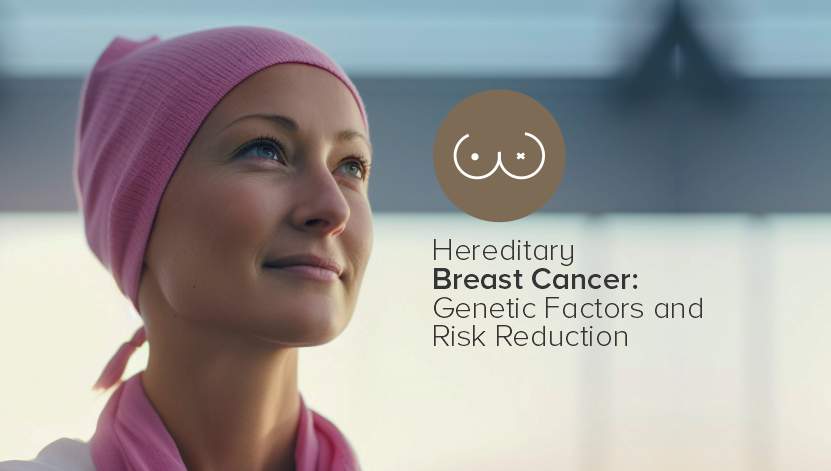Breast cancer has become the most common type of cancer among women worldwide. It is a leading cause of death among women and is a matter of concern for all individuals, particularly those with a family history of breast cancer. Breast cancer genetics and inheritance play a vital role in determining the risk of breast cancer development.
